Piracy as a disruptor for change
The pinnacle and one of the key highlights to our 2019 conference was the panel debate on the hot topic of piracy.
Entitled ‘Piracy as a disruptor for change’, the panel – chaired by OpenAthens commercial director Jon Bentley – included guests from the information industry:
- Duncan Campbell, senior director global sales partnerships, Wiley
- Emily Powell, knowledge and information specialist, College of Policing
- Sophia Zeschitz, post-implementation review and evaluation officer, Devon and Cornwall Police
- Andrew Pitts, co-founder and CEO, PSI Ltd.
Pros and cons of piracy
Setting the scene for the debate, Jon described the differing arguments in support of and against piracy:
"Piracy is bad and Sci-Hub has all our literature’. Clearly this is not sustainable and not in the interests of publishers or librarians . So what are we going to do about it?”
Counter to this view he said:
"Piracy exists for the same reason as open access; to increase the availability of academic information. It also creates leverage when negotiating licensing deals, especially with some of the larger publishers."
Emily Powell kicked off the lively and impassioned debate, making the point that piracy as a threat is nothing new. Emily went on to describe its positive effects.
"For example, Spotify and Netflix exist largely as a result of Napster and peer–to–peer file sharing sites of the early 2000’s. It exists because of poor user experience and cost, excessive copyright laws and licensing agreements. In fact, anything that prevents you from doing what you want to do can lead to piracy."
Duncan Campbell provided four definitions of piracy in the scholarly context:
- Commercial violation of legally sanctioned IP
- Exploitation of the gap between price and value
- A symptom of unmet user needs and market demands
- Non-productive redistribution of value - Sci-Hub distributes value but doesn’t produce it.
Dangers of piracy
Andrew Pitts has set up a threat intelligence and sharing database to help libraries access threat data. Through the database, libraries can share valuable information on hacks, phishing and password breaking. Andrew focused on the risks associated with accessing content via pirate sites. Furthermore, he highlighted the risks to libraries of Sci-Hub accessing their secure networks with stolen credentials. Andrew contributed to the debate with the counter argument:
"Piracy and Sci-Hub are illegal and wrong – these pirates are not Robin Hood and they are not the main driving force behind open access. If you believe publishing adds no value, you have never been involved in the publishing of a quality journal."
Library user perspective
Sophia contributed to the conversation from her personal experience as an end user in the academic arena. She described how piracy can be driven by the end user’s needs.
She highlighted that perhaps not many end users are actually aware of or consider the impact of piracy:
"How do I get access to the information I need to show my supervisor? This need for relevant information is often the driver for accessing pirate materials. Individuals are downloading single documents for their own use, not millions of journals with the intention of committing piracy."
The debate covered an array of issues on the subject. It generated considerable interest from the audience, many of whom grapple with the consequences of piracy in their day–to–day roles.
Who owns the problem?
The final panel questions were ‘Can piracy be solved? Should it be solved? And if it is a problem, who owns the problem?’
Duncan Campbell concluded:
"It is really about working together. It’s about publishers better understanding their users, and publishers and libraries working together. It’s about how we can improve the user experience. And what can we do to iterate our business models to make them more appropriate in the B2C context. I think those are some of the challenges we face."
Whatever your views or whichever side of the debate you sit, you can watch the full debate. Certainly, it’s a conversation that will continue long into the future.

Want to hear the full range of views?
Hear the views of Emily Powell, College of Policing on piracy ahead of our conference panel debate.
